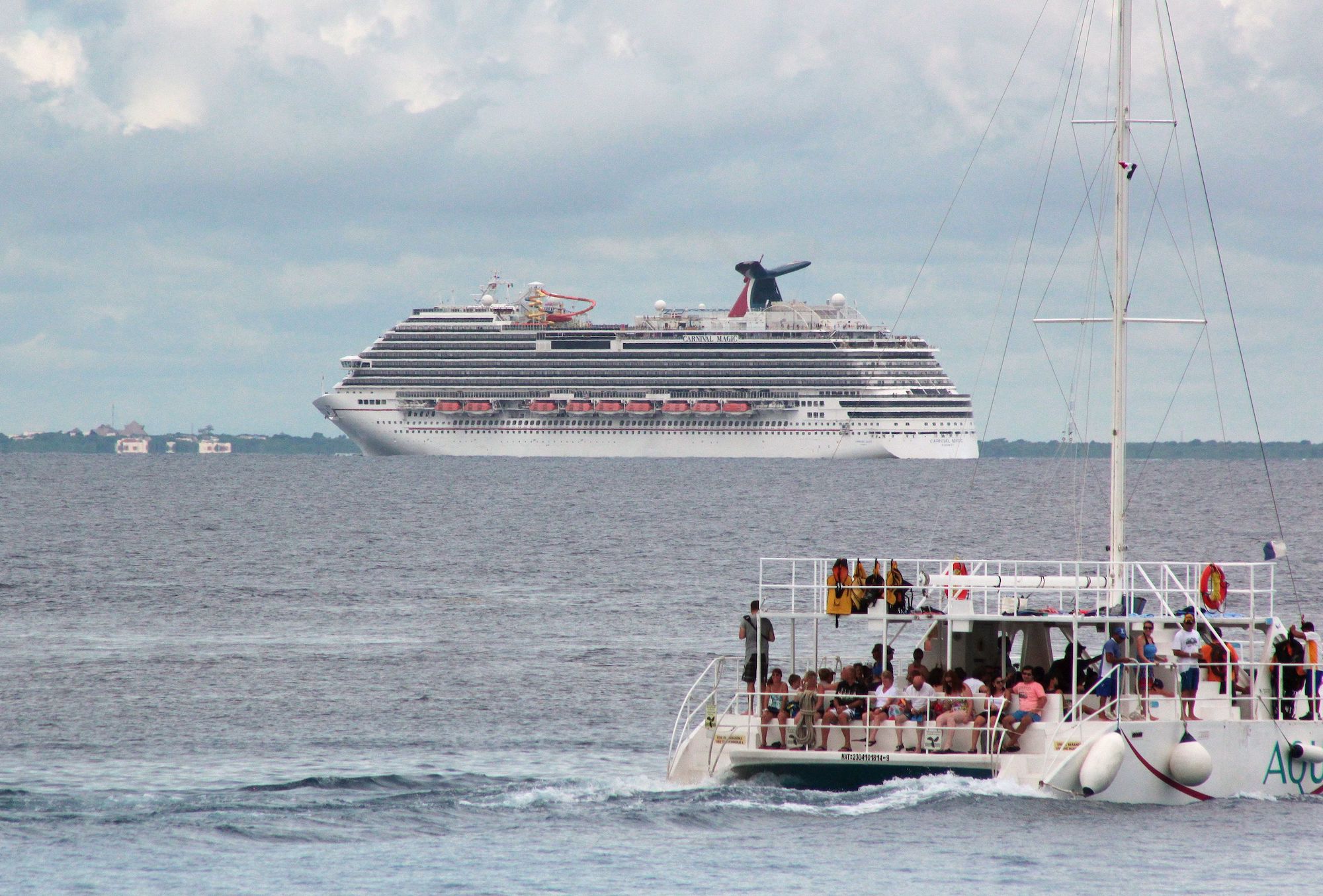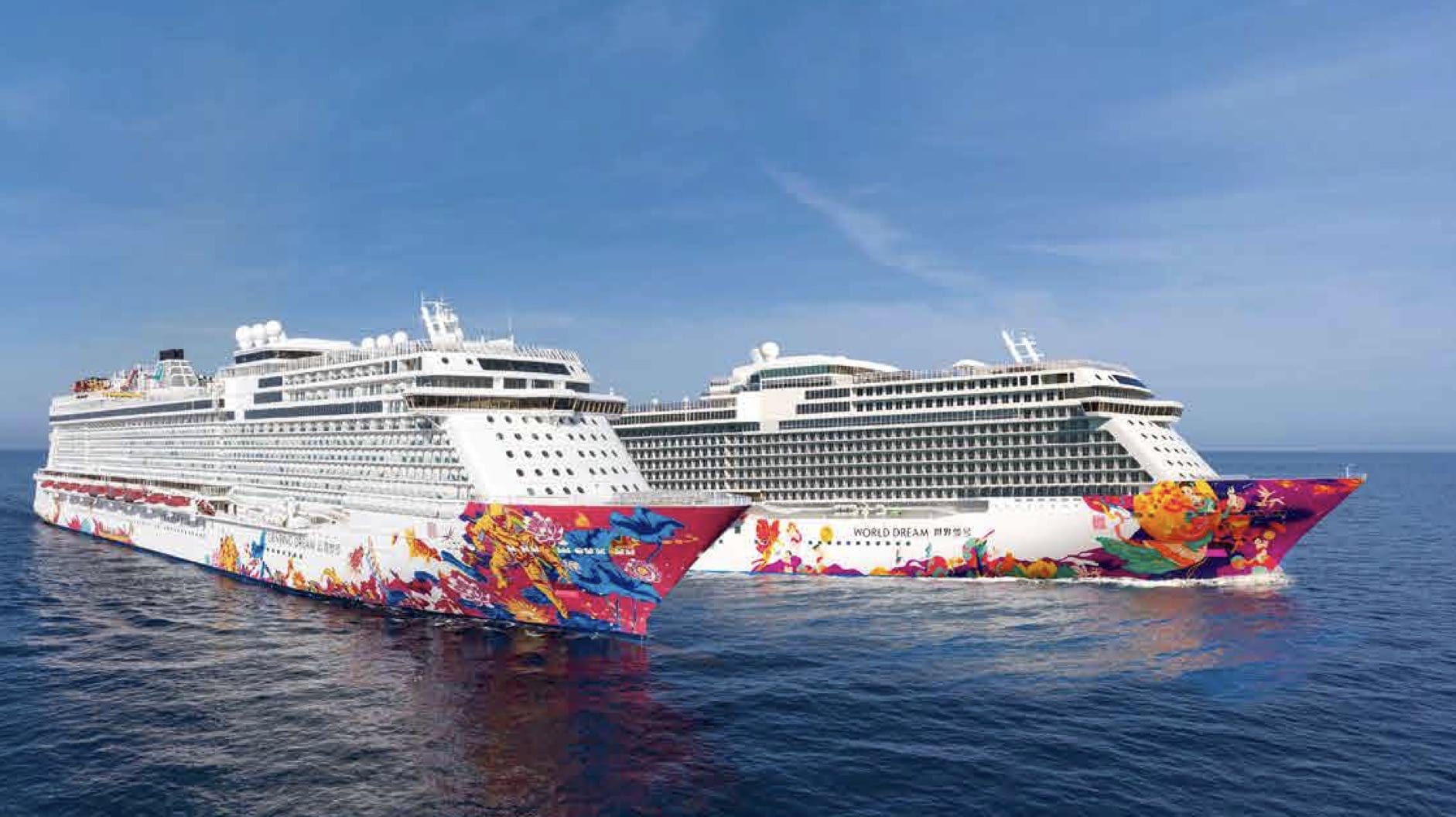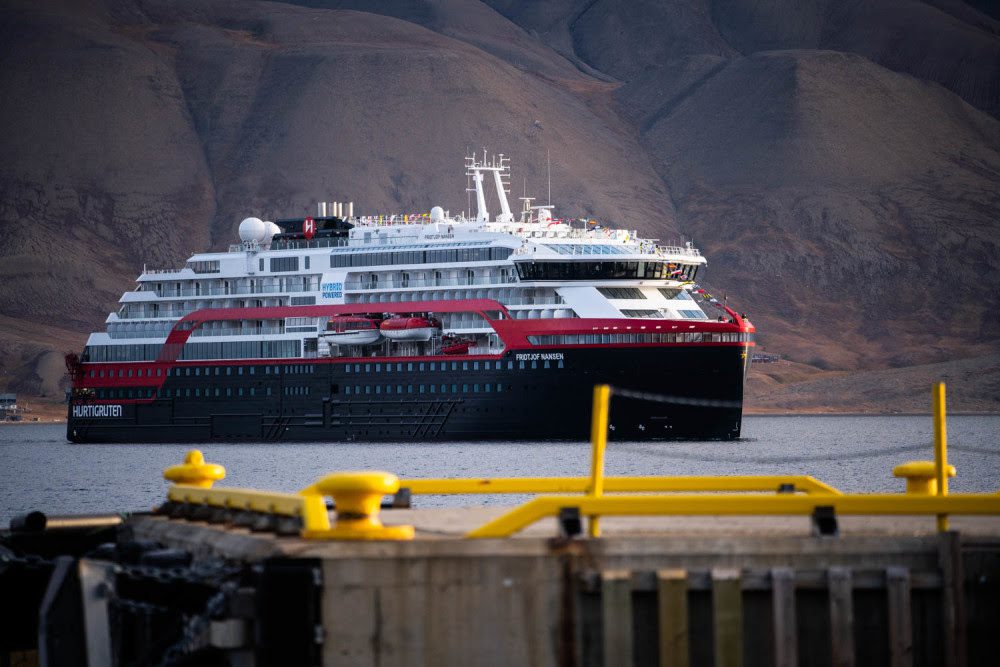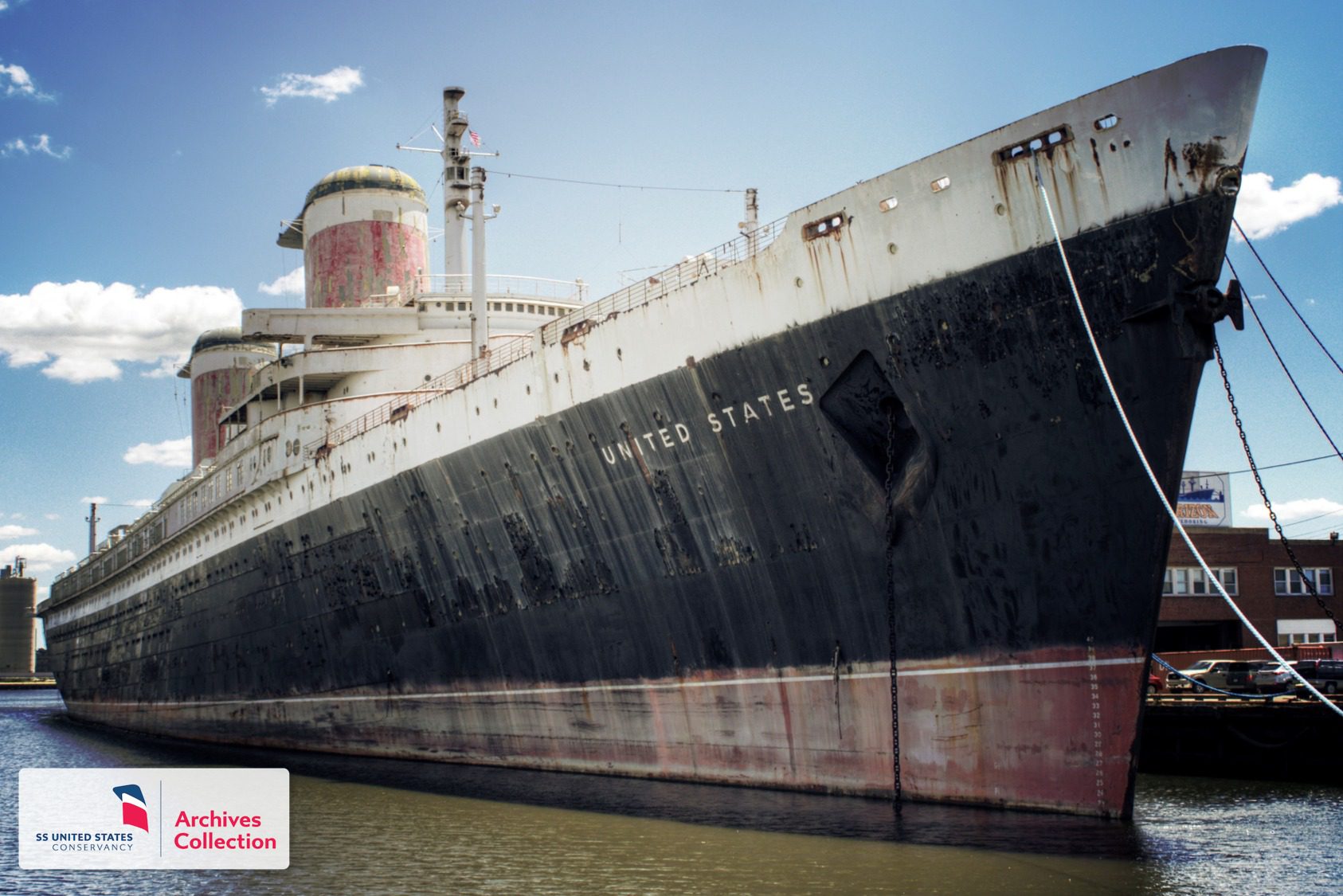By Fran Golden (Bloomberg) —
The U.S. Centers for Disease Control and Prevention offered a rare glimmer of hope for the cruise industry this week, with the agency saying in a statement to Bloomberg that the latest aspect of its phased return to U.S. cruising “aligns with the desire for resumption of passenger operations in the United States expressed by many major cruise ship operators and travelers, hopefully by mid-summer.”
The comment came only after hard criticism from the cruise industry followed an announcement on April 2 that the agency was releasing technical guidance to inform port agreements and deal with Covid-19 outbreaks. With no indication regarding when cruise lines might finally receive the green light to sail—or even when they could begin to conduct simulated sailings, or “test cruises,” to assess new health protocols—it barely advanced the industry’s stalled position.
The Cruise Lines International Association (CLIA) called the instructions “disappointing” and “largely unworkable,” noting that before the pandemic the cruise industry supported almost 450,000 American jobs and contributed some $56 billion annually.
In several ways, the CDC’s updates may be too little, too late. Many cruise lines, fed up with waiting, are ditching the U.S. entirely—at least for their busy summer seasons—and moving that lucrative industry offshore to ports around the Caribbean. Since Crystal Cruises introduced the tactic on March 11, similar announcements have been pouring in from nearly every major line: Royal Caribbean, Celebrity Cruises, Norwegian Cruise Line, Windstar Cruises, and even Viking. All plan to restart business in the region this summer.
As a result, it’s Caribbean nations, not the CDC, setting the tone for a safe return to cruising.
Some, such as Bermuda, are limiting the number of cruise passengers; on that island, only 3,000 visitors can disembark weekly. Others, including Anguilla—which has earned recognition for having a remarkably small number of Covid cases during the pandemic’s duration—are requiring that all shore excursions be limited to specific parts of the island and be run only by approved, Covid-compliant vendors.
One requirement has been consistent across the board: vaccines for all adult guests and crew.
Still, the restarts will come with known and unknown risks. In Antigua and Barbuda, as well as other islands, the resumption of tourism and the return of higher numbers of nationals have sent Covid-19 cases soaring. Poor access to vaccines in some countries means that locals are exposed to greater risk than the traveling public. While the prospect of transmission among the vaccinated set has proven to present a low risk, the CDC continues to recommend against large group settings, a probable reason why it has yet to approve cruising from U.S. shores.
Money Talks
For Caribbean countries, allowing vaccinated cruisers is a seemingly low risk that comes with significant economic rewards.
Bermuda is estimating a potential economic boost this summer of more than $40 million if it can get three ships to use it as their primary port, says Premier E. David Burt. (Ships whose voyages primarily operate in and from a given port are “homeported” there, in industry terms, offering that destination the opportunity to gain from lucrative stays before and after cruises.) That’s far short of the $170 million in economic benefit the British territory has reaped from its typical average of 185 ship calls per year, but it beats the island’s rewards from the four cruise ships that visited in 2020.
Royal Caribbean’s 2,500-passenger Vision of the Seas will be based in Bermuda from June to August for seven-night sailings to the cruise company’s private Bahamas island, Perfect Day at CocoCay. Itineraries include an overnight docking in Bermuda so cruise passengers have time to explore the island—and spend money. Also sailing from Bermuda will be a vessel from Viking Ocean Cruises.
Sint Maarten has also jumped on the opportunity to host ships that might normally sail from Miami and other U.S. ports. The Netherlands island territory welcomed 1.6 million cruise passengers in 2019 and is anxious to get back to business, says Ludmila de Weever, minister of tourism.
“Homeporting will be an important step in the recovery of our economy,” she says. Celebrity Cruises’ 2,220-passenger Celebrity Millennium will sail weekly from Sint Maarten this summer on routes to the Southern Caribbean.
Dictating the Protocols
Of the five islands homeporting ships this summer, all have so far required vaccines, forcing the hands of cruise lines that were not already planning to enact the requirement.
“This is the only way we would consider opening to cruise travel this summer,” says Burt of Bermuda’s requirement for both passengers and crew to be vaccinated and PCR-tested before boarding. Visitors will then be allowed to roam freely on the island while masking and observing social distancing rules.
There will be a zero-tolerance policy for rule-breakers, and even small offenses will get violators sent back to the ship.
Bermuda’s Ministry of Health has developed a step-by-step process in the event a passenger tests positive, Burt says. This includes “a pre-arranged isolation and quarantine accommodation for 14 days in Bermuda,” with close monitoring and care from a local doctor appointed by the cruise line.
Similarly, Sint Maarten has made shots the backbone of its health precautions. “Vaccines are essential for passengers and crew, as well as the local community, in order for the return of cruise ships,” says de Weever. She envisions inoculated passengers can explore the territory freely as long as they respect standard public health policies such as wearing masks and social distancing.
Those policies have encouraged small ship line Windstar Cruises to sail its recently stretched all-suite 312-passenger Star Breeze, on sailings from Sint Maarten to ports that include Saint Barthélemy, Jost Van Dyke, and Anguilla. The vessel would normally spend the summer in Europe.
With few places around the world currently allowing cruises, de Weever says welcoming ships back marks “a major milestone” for the territory, which expects additional cruise announcements in the coming weeks. (The French side of the island is retaining stricter entry requirements for visitors.)
Made in the U.S.A.
On Tuesday, Frank Del Rio, president and chief executive officer of Norwegian Cruise Holdings Ltd., submitted a proposal to start Norwegian Cruise Line sailings from the U.S. beginning on July 4, with everyone onboard vaccinated. The same day, his company hedged its bets announcing that two of its vessels would sail 100% vaccinated cruises this summer in the Caribbean, one from Montego Bay, Jamaica, and the other from Punta Cana in the Dominican Republic.
Sooner or later, it seems that the CDC will follow the Caribbean’s lead in establishing a protocol. In its new technical instructions the agency sent a strong message to cruise lines in terms of how vaccinations fit into the plan. “CDC recommends that all eligible port personnel and travelers (passengers and crew) get a Covid-19 vaccine when one is available to them,” the agency said in a written statement.
“If [the CDC is] going to follow the science, as I believe they do and should, they would follow the same guidance for cruise travel as every other area of hospitality,” says Harry Sommer, the president and CEO of Norwegian Cruise Line.
“If you get sick on our ship with Covid, we will put you in a hospital, we’ll pay your bills, and we will make sure you get home. We’re not going to drop you off at the side of the road,” he says, moving to counter images of Covid-exposed passengers stranded at sea or in unexpected ports at the start of the pandemic. “It’ll be the safest leisure activity on the planet.”
© 2021 Bloomberg L.P.
Unlock Exclusive Insights Today!
Join the gCaptain Club for curated content, insider opinions, and vibrant community discussions.

 Join The Club
Join The Club











